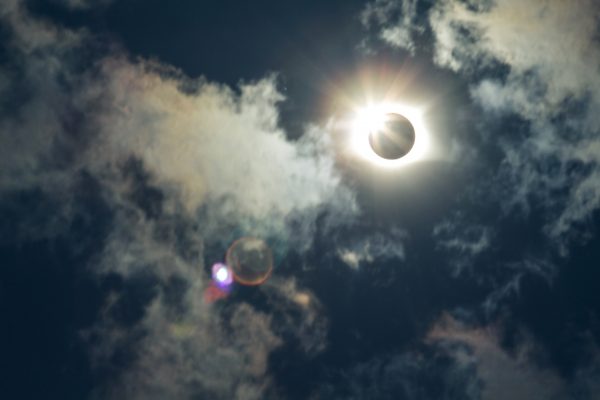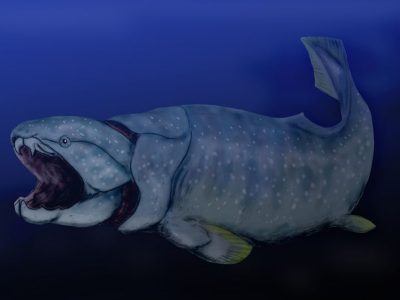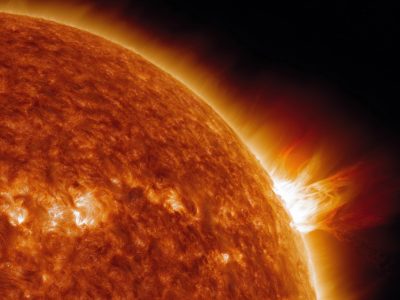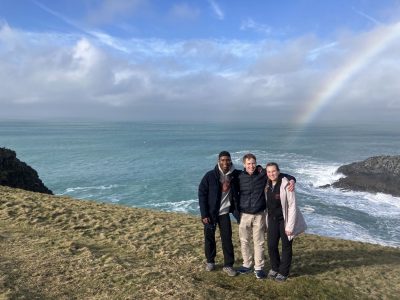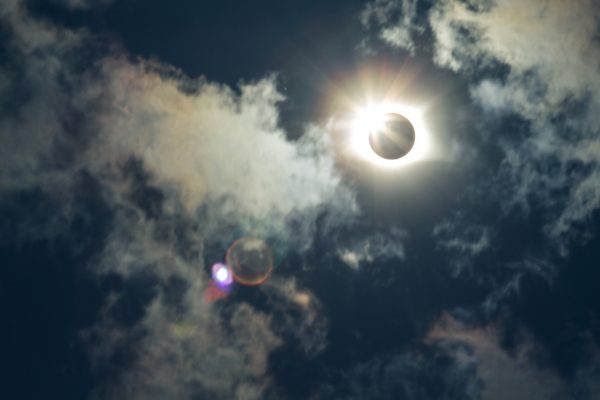 When the moon completely blocks the sun on April 8, you’ll notice more than the darkness. Here are some things you may pick up on. If you don’t, that’s OK. There may be variation depending on your location, your area’s geography and other factors. But it’s still fun to keep an eye out for these potential changes!
When the moon completely blocks the sun on April 8, you’ll notice more than the darkness. Here are some things you may pick up on. If you don’t, that’s OK. There may be variation depending on your location, your area’s geography and other factors. But it’s still fun to keep an eye out for these potential changes!
You’ll feel colder.
With the entire sun blocked, temperatures will drop, potentially up to 10 degrees in mountainous areas. Plus, April is the cruelest month weatherwise if you are in the Northeast, so be sure you’ve got an extra layer handy.
You may also feel more humidity.
This is because the dew point, which measures how much moisture is in the air, and the air temperature start converging, making the air feel damper during the eclipse.
You’ll notice a change in the breeze.
The abrupt shift to darkness sets off changes in the atmosphere, which cause winds to weaken and shift direction.
Clouds may disappear.
Fluffy, fair weather (cumulus) clouds are formed by heat rising from the Earth’s surface. They may dissipate, thanks to less heat being reflected off during totality.
You may experience cell or GPS disruption.
Radio waves and satellite communications, including cell service and GPS, may be temporarily disrupted. This is because the abrupt blocking of the sun’s radiation causes changes to the ions in the upper atmosphere, which in turn affects how the radio and satellite waves can (or cannot) pass through. Any blips in service should disappear after the eclipse passes.
Fish may be biting, but boaters may be seasick.
Sunlight will be dim about an hour before and after the eclipse. This will stimulate nighttime behaviors in some animals, including fish who feed in lower light. If you are planning a fishing trip during the eclipse, plan to be on the water at that time. You may also experience the rough waters of a high spring tide then, with the moon being in its new phase (a condition for a solar eclipse), so you may just want to stay on dry land to view the eclipse!
Flying will give you a whole new perspective.
It’s safe to fly during the eclipse. In fact, skies may be even friendlier with airlines offering special flights along the path of totality. Even if you can’t book those flights (many sold out immediately), you can still find routes that will let you see part of the eclipse’s path. Check out this information from Delta and Southwest Airlines.
(Notice anything interesting during the eclipse? Tell NASA! Contribute to one of its Citizen Science projects.)
Visit the Arts and Sciences eclipse website for more helpful information and interesting facts. Check out a Q&A with Walter Freeman, an associate teaching professor of physics in A&S, about his take on the solar eclipse and information on campus events on April 8.
